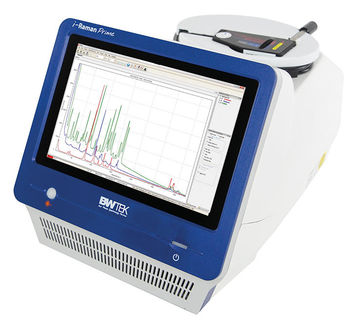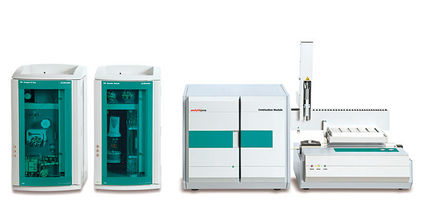To use all functions of this page, please activate cookies in your browser.
my.chemeurope.com
With an accout for my.chemeurope.com you can always see everything at a glance – and you can configure your own website and individual newsletter.
- My watch list
- My saved searches
- My saved topics
- My newsletter
FerroceriumFerrocerium is the "flint" in lighters, and its ability to give a large number of sparks when scraped against a rough surface (pyrophoricity) is used in many other applications, such as clockwork toys and strikers for welding torches. Also known as Auermetall after its inventor Baron Carl Auer von Welsbach, it is sold under such trade names as Blastmatch, Fire Steel, and Metal-Match. Product highlightWhile ferrocerium-and-steel function in a similar way to flint-and-steel in fire starting, ferrocerium actually takes on the role that steel played in traditional methods. When small shavings of it are removed quickly enough, the heat generated by friction is enough to ignite those shavings. The sparks generated are in fact tiny pieces of burning metal. Lighter "flint" is composed mostly of an alloy of rare earth metals called mischmetal, mischmetal containing approximately 50% cerium and 45% lanthanum, with small amounts of neodymium and praseodymium. The origin of its easy sparking is cerium's low temperature pyrophoricity, its ignition temperature occurring between 150 and 180 degrees celsius. Since smaller scrapings become better sparks, the mechanical properties of rare earth metals must be adjusted to give a usable material; to that end, at least two strategies have been developed to make such alloys more brittle:
References
|
| This article is licensed under the GNU Free Documentation License. It uses material from the Wikipedia article "Ferrocerium". A list of authors is available in Wikipedia. |







